
Are Opportunity Zones Working?
When Congress created Opportunity Zones in 2017 as part of the Tax Cuts and Jobs Act, the promise was compelling: use tax incentives to redirect private capital into distressed communities that had been overlooked by investors. Seven years later, with the program recently made permanent by Congress in 2025, a crucial question remains: is it actually working? New research analyzing over 70,000 property transactions across the United States reveals that Opportunity Zones are delivering measurable impacts on real estate markets—with important nuances about where and how the policy succeeds.
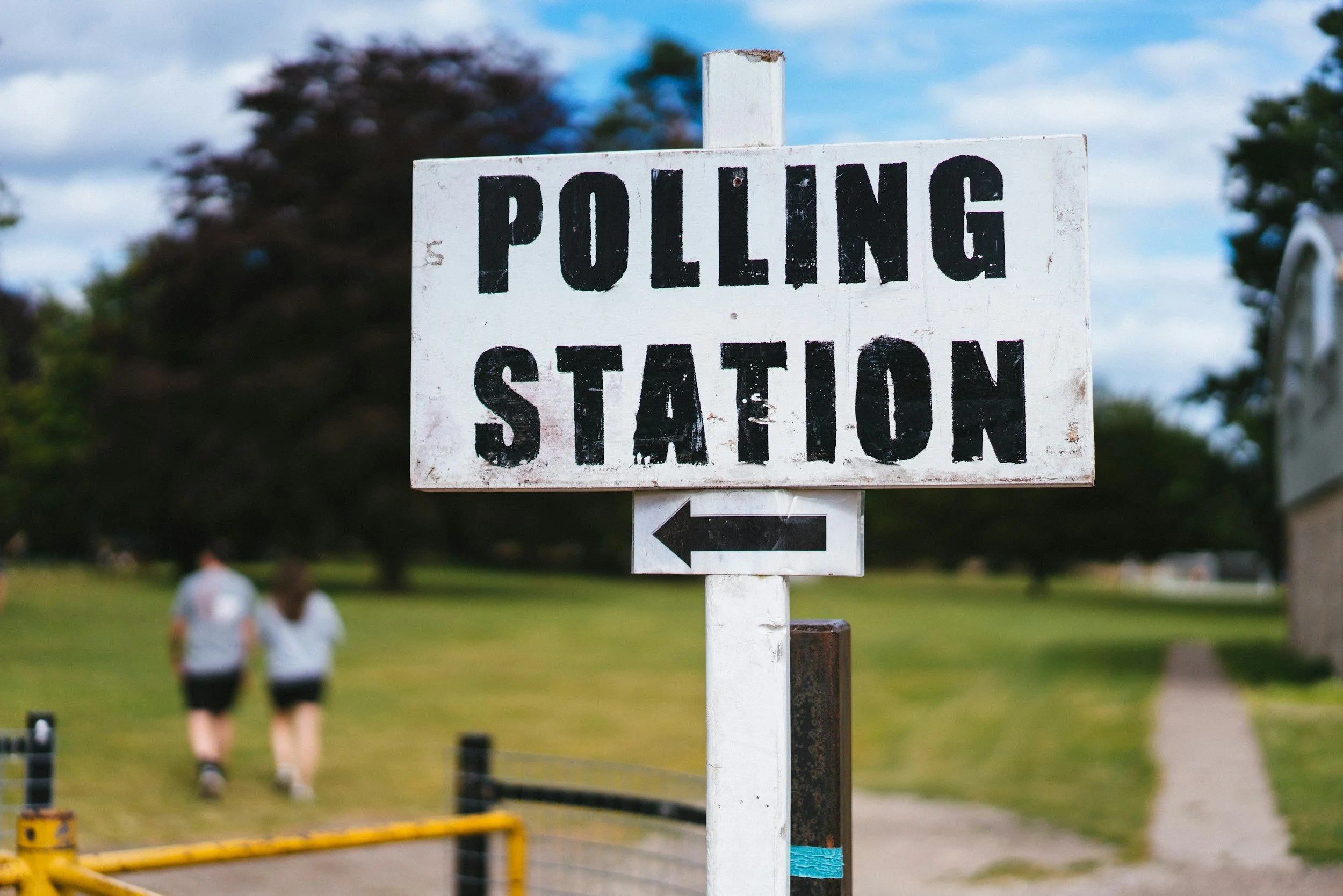
When Cues Collide
In many city elections across the United States, voters face a similar challenge: they are asked to choose among candidates they know very little about. Ballots often list only names, not party labels, and local races receive little media attention. In these low-information settings, voters look for clues that can serve as “shortcuts,” or anything that will help them quickly decide which candidate to vote for.
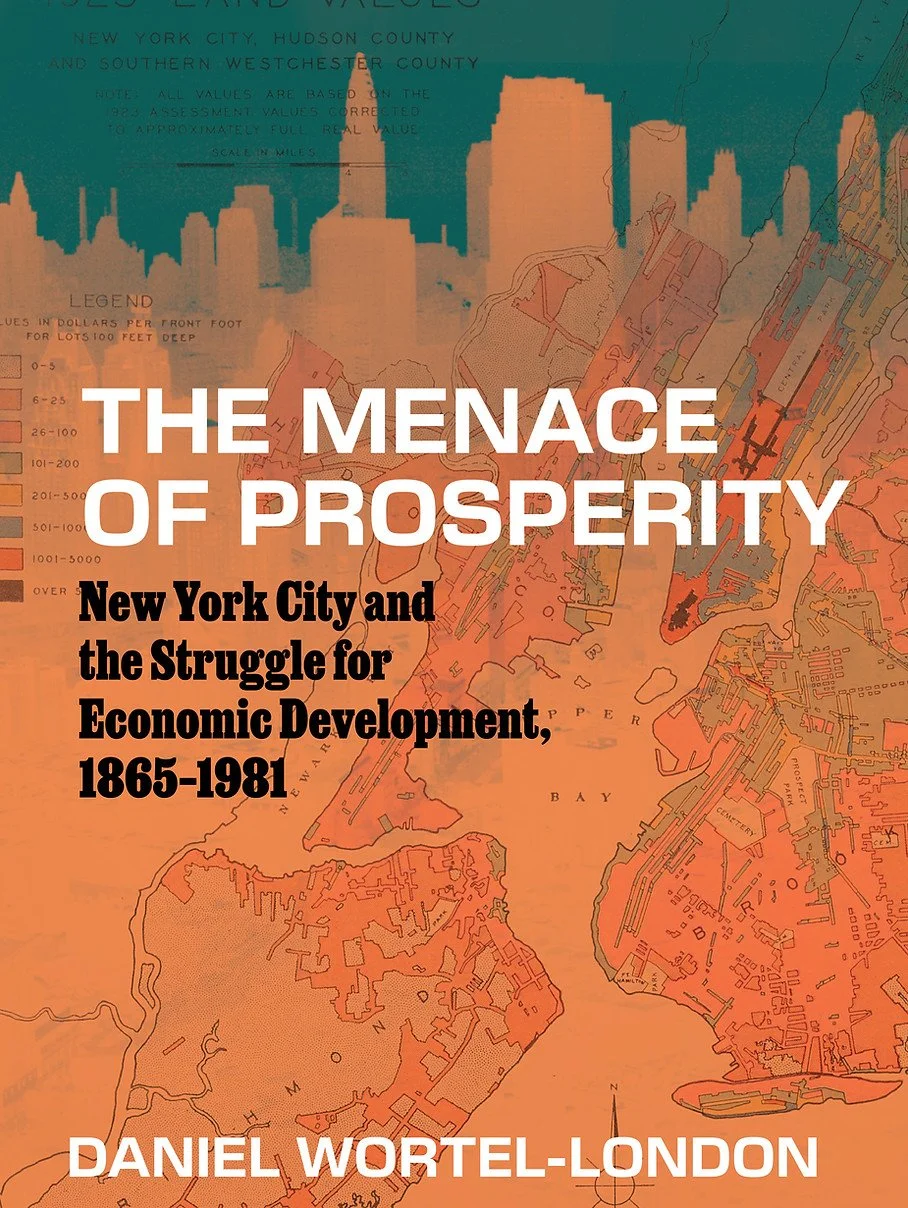
New Books: The Menace of Prosperity
In this episode, we’re speaking with Daniel Wortel-London, author of The Menace of Prosperity: New York City and the Struggle for Economic Development, 1865-1981. In this book, Dr. Wortel-London chronicles how periodic economic crises have shaped New York City’s modern history — and how alternative strategies for sustainable, democratic growth are possible.

Reviving Living Wage Policies
As local leaders grapple with soaring housing costs, persistent inflation, and a tight labor market, living wage ordinances offer a targeted way to support low-income workers without waiting for federal action. With the federal minimum wage remaining at $7.25 since 2009, cities and towns have stepped up, but adoption remains spotty. A recent research note highlights that only 14% of the largest U.S. municipalities have enacted such policies, yet they could play a bigger role in reducing poverty and boosting local economies.

Which Neighborhoods Have Farmers’ Markets?
Farmers’ markets offer valuable resources not only to the people who shop at them, but also to the broader communities in which they are situated. They are an important source of fresh and sustainable produce, often surpassing the quality of food available at traditional grocery stores, and they frequently operate as gathering places that facilitate social interaction and cohesion.
This raises a basic and surprisingly underexplored question: Which neighborhoods actually have farmers’ markets, and why?

Ingredients for Success
Recently, there has been renewed interest in engaging citizens locally. While political motivations vary, a common goal is to enhance participation and representation by creating formal bodies of community representatives to play an advisory role in policy processes. While these intentions are laudable, the best-intentioned reform can flounder if not designed properly. Yet there has been little attention to design, and in particular, to overcoming the challenges that confront the implementation of most participatory designs. This study contributes to this participation literature by illuminating how to design for more effective implementation.
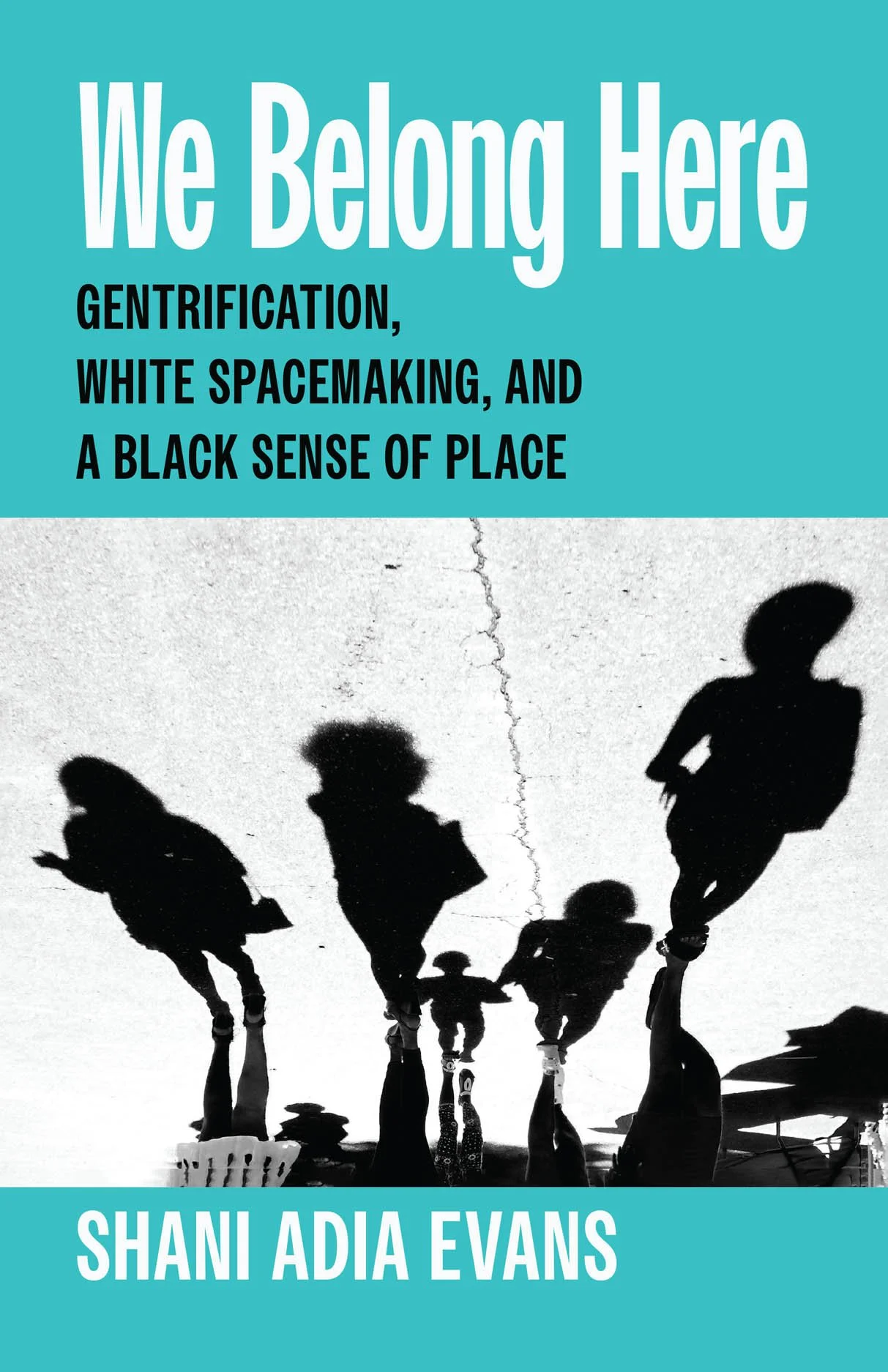
New Books: We Belong Here
We interview Dr. Shani Evans, author of We Belong Here: Gentrification, White Spacemaking, and a Black Sense of Place, published in 2025 by University of Chicago Press. In We Belong Here, Shani Evans explores the dynamics of gentrification from the inside through a case study of Northeast Portland, OR, a historically black neighborhood. Drawing on a rich inventory of ethnographic fieldwork, this book unsettles some of the economistic determinants around gentrification scholarship and foregrounds the significance of race and racism in neighborhood change.

Should we Pursue Municipal Mergers?
Municipal amalgamation, the process of merging smaller administrative units into larger ones, has been a key policy tool globally to address issues like fiscal pressure, governance challenges, and urbanization. But do these mergers deliver the promised benefits? Our recent research provides a comprehensive review of the effects of municipal amalgamations, highlighting key findings that are essential for policymakers and citizens alike.

Housing Vacancy, Structural Decline, and Voter Turnout in South Korea
Vacant homes are often treated as a technical concern for urban planners or housing officials. They are discussed in terms of land use, neighborhood maintenance, or redevelopment strategies. Yet in many places, empty homes are also a visible sign of deeper change. They tend to appear where people are leaving, where local services shrink, and where the future of a community feels uncertain. In South Korea, this pattern has become increasingly pronounced. While much public attention focuses on high housing prices and speculation in major cities, a different housing reality is unfolding elsewhere, marked by rising vacancy in smaller cities and rural districts.
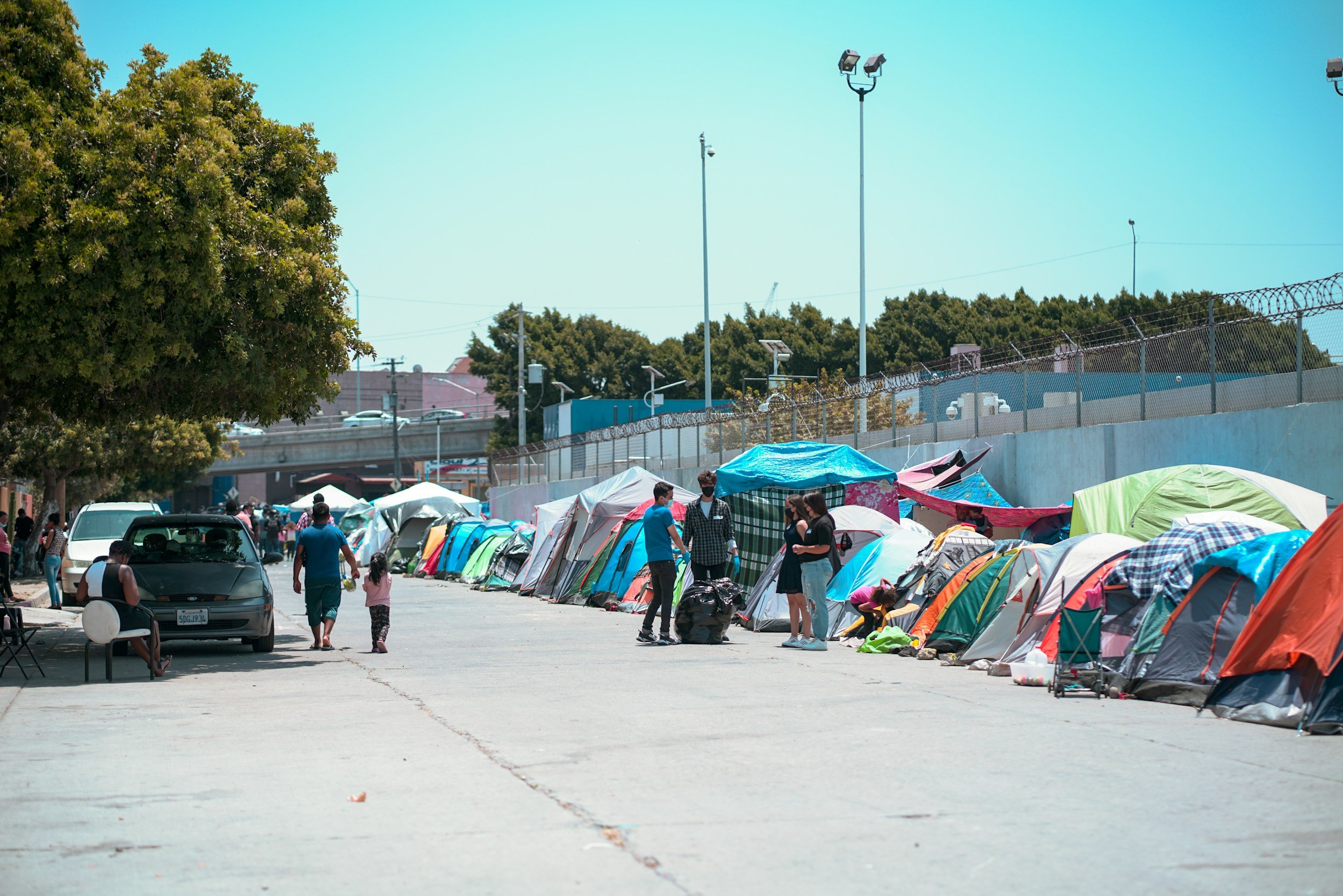
When Encampments Are Cleared, the Harm Spreads Further Than We Think
Across U.S. cities, homeless encampments are being cleared at an accelerating pace. These “sweeps,” “cleanups,” or “abatements” are typically justified in the name of public health, safety, or order. The harm to people living in encampments is increasingly well documented. What is far less visible is another consequence: the emotional toll these displacements take on the people who are tasked with carrying them out.

New Books: Making Sanctuary Cities
Tune in to hear from Dr. Rachel Humphris on her new book, Making Sanctuary Cities: Migration, Citizenship, and Urban Governance, published in 2025 by Stanford University Press. Making Sanctuary Cities investigates the complex policy frameworks that shape urban immigration and the politics of belonging through ethnographic and archival research on three cities: San Francisco, Toronto, and Sheffield, England.

New Books: Marked Men
In this episode, we’re speaking with Nyron Crawford, author of Marked Men: Black Politicians and the Racialization of Scandal, published in 2024 by NYU Press. Marked Men complicates the common perception that Black elected officials are forgiven for their transgressions because of the commitments and benefits made to constituents. Instead, Crawford demonstrates that “racialized suspicion” shapes the way Black voters rally to protect their embattled Black political representatives.

Measuring Gentrification with Mortgage Application Data
Our study presents a new approach to measuring U.S. gentrification at the census tract level. We utilize a popular public data set – the Home Mortgage Disclosure Act (HMDA) Loan Application Register – and leverage it in an unconventional way. The premise of our study is that there is valuable information about household income levels contained within this mortgage banking dataset. More specifically, the mortgage application data can provide a window into the income levels of households who are seeking to move into a neighborhood. We develop several new measures that benchmark the income of mortgage applicants against existing homeowners in a neighborhood. In our study we show statistically significant relationships between these measures and more traditional gentrification over the 2010 to 2017 period. Furthermore, instead of using a binary measure of gentrification, our tool allows one to gauge the breadth and intensity of the gentrification forces occurring from homebuyer demand in a given tract.
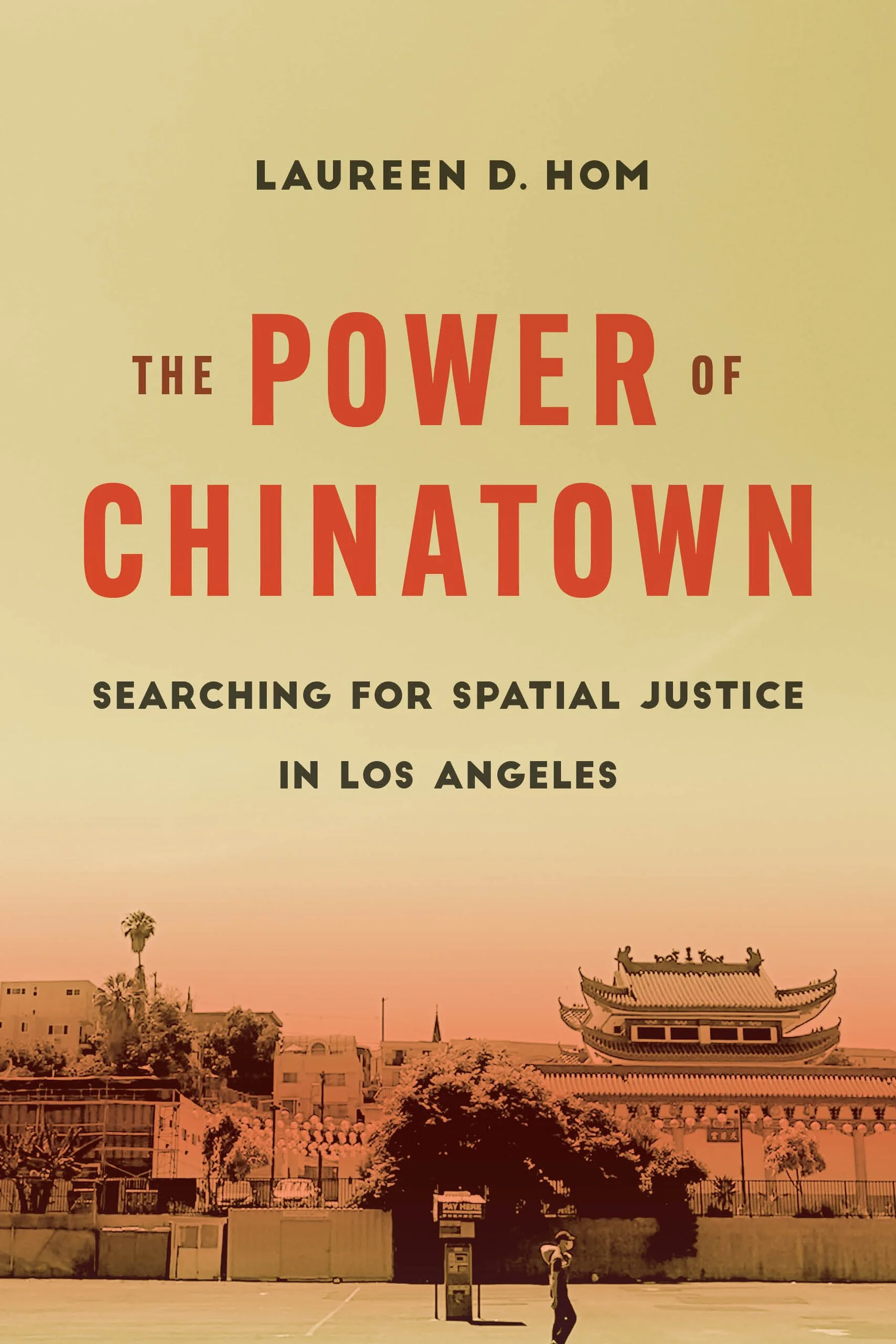
New Books: The Power of Chinatown
Tune in for our conversation with Laureen Hom, author of The Power of Chinatown: Searching for Spatial Justice in Los Angeles, published in 2024 by University of California Press. In The Power of Chinatown, Hom draws on ethnographic fieldwork to explore how and under what conditions residents and business owners in LA’s Chinatown challenge and mobilize dynamics of gentrification and community change.

Political Architecture: Contextual Development and Opposition to Housing
Over the past few years, the architecture of new apartment buildings has received significant attention. In particular, a style of new building sometimes called “fast-casual” or “gentrification architecture.” Many readers may recognize these buildings: blocky, generally black-and-white (although some come with neon pops of color), and unornamented. They’ve inspired countless debates, with critics calling them ugly and bland, or more creatively “Lego structures” and “oversized tin cans.”
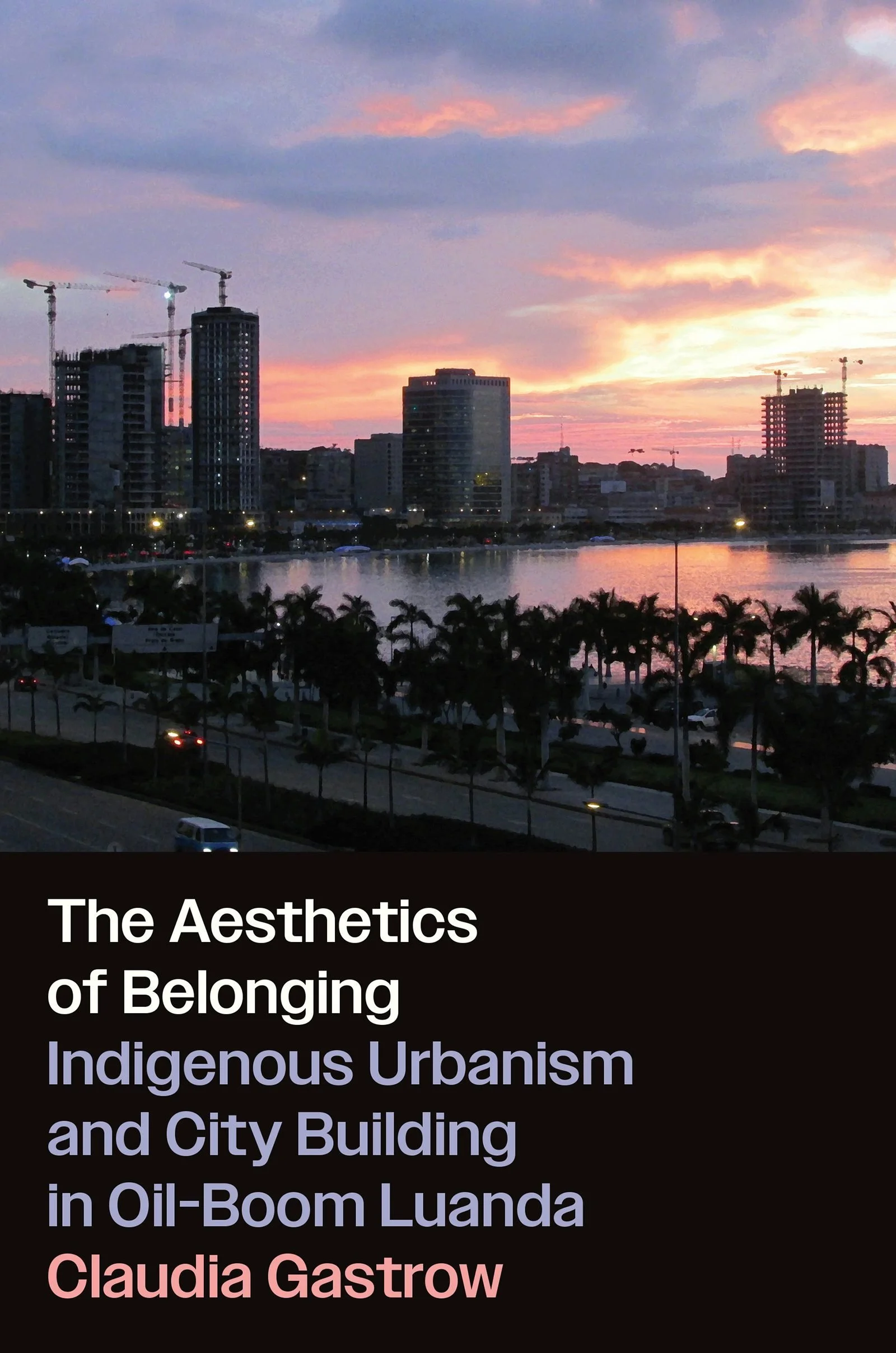
New Books: The Aesthetics of Belonging
In this episode, we’re speaking with Claudia Gastrow, author of The Aesthetics of Belonging: Indigenous Urbanism and City Building in Oil-Boom Luanda, published in 2024 by University of North Carolina Press. The Aesthetics of Belonging draws on archival and ethnographic research to explore the political significance of aesthetics in the remaking of Luanda.

Cultured Sites of Contestation
Across Europe and beyond, cities are reimagining abandoned military sites as vibrant cultural spaces. But what happens when the very institutions that support these transformations begin to commodify them? Our paper explores this tension by comparing two distinct governance models for culture-led regeneration of former military barracks, Metelkova in Ljubljana and Kasárna Karlín in Prague, which have both significantly enriched their neighborhoods through creative placemaking, demonstrating how culture can transform abandoned urban spaces into vibrant spaces.

New Books: The Right to Suburbia
Tune in for our conversation with Willow Lung-Amam, author of The Right to Suburbia: Combating Gentrification on the Urban Edge, published in 2024 by UC Press. The Right to Suburbia chronicles the efforts of community activists, political leaders, and community groups in three Washington, D.C.-area suburbs to push back on the displacement effects of new development in their communities.

State Preemption in Theory and Practice
Minimum parking requirements—zoning regulations that require a certain number of parking spaces to be built with new developments—come with a long list of downsides. The requirements increase the costs of development, reduce housing densities, subsidize car ownership, and reduce walkability. They also make it difficult to adapt and reuse historic buildings. In response, cities as diverse as Anchorage, Buffalo, and San Diego have reduced or eliminated parking requirements in recent years.

New Books: Affordable Housing in the United States
Listen to our conversation with Gregg Colburn, co-author with Rebecca Walter of Affordable Housing in the United States, published in 2024 by Routledge. Affordable Housing in the United States offers a comprehensive and accessible guide for students and practitioners on affordable housing policy and best practices, along with well-researched case studies on the approaches of three different cities: Chicago, Seattle, and San Antonio. We discuss the book itself, and wade into the more recent challenges and uncertainties around affordable housing provision and preservation under a new federal administration.